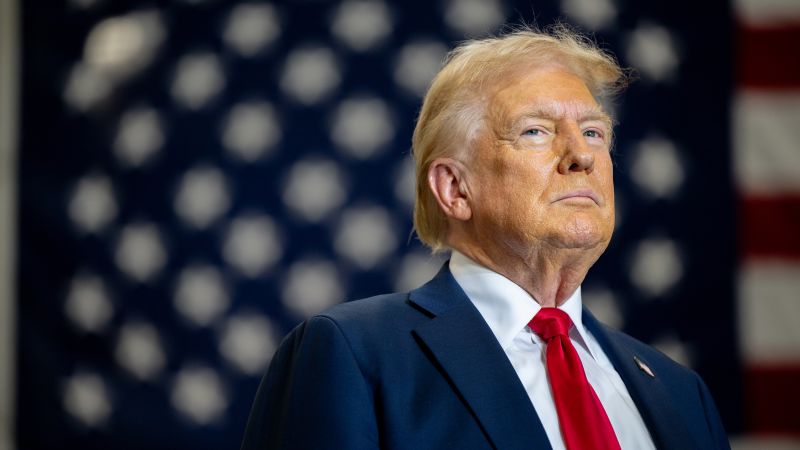Former President Donald Trump backed out of a scheduled interview with “60 Minutes,” CBS News announced just before a vice-presidential debate between Trump’s running mate and Kamala Harris’s running mate. Both campaigns had initially agreed to appear on the show, with Trump committing first, followed by Harris. However, Trump’s campaign later decided not to participate, causing a disruption in the network’s programming plans.
The traditional “60 Minutes” sit-down was meant to be one of the final opportunities for voters to see both candidates on a major television program before the November election. With no additional debates scheduled between the two, the interviews were highly anticipated. Despite Trump withdrawing, the special will move forward with an interview with Harris, conducted by correspondent Bill Whitaker, who will also join her on the campaign trail for further insights.
The Trump campaign denied ever agreeing to the interview, calling the network’s claims fake news and accusing them of begging for the opportunity. They also alleged that “60 Minutes” wanted to cut the interview to fact-check, which they found unacceptable. When asked if there was still a chance for Trump to participate, a campaign spokesman suggested that the network’s alleged lies had hurt any chances of that happening.
In response to Trump’s decision, the Harris campaign criticized him for being afraid of facing both the debate stage and “60 Minutes.” They suggested that Trump’s recent behavior at rallies, described as increasingly unhinged and unstable, might have influenced the campaign’s decision to avoid putting him in less controlled situations. This incident echoes a previous interview Trump had with the same news program in October 2020, which he ended abruptly after objecting to the host’s questions.
Despite Trump’s withdrawal, “60 Minutes” remains a popular destination for presidential candidates due to its large viewership and credibility. The show’s primetime special will continue as planned, with an interview featuring Harris. This situation highlights the challenges of securing high-profile interviews in the midst of a heated election season. In the end, the decision by Trump to not participate in the interview may have consequences for both his campaign and the network.













